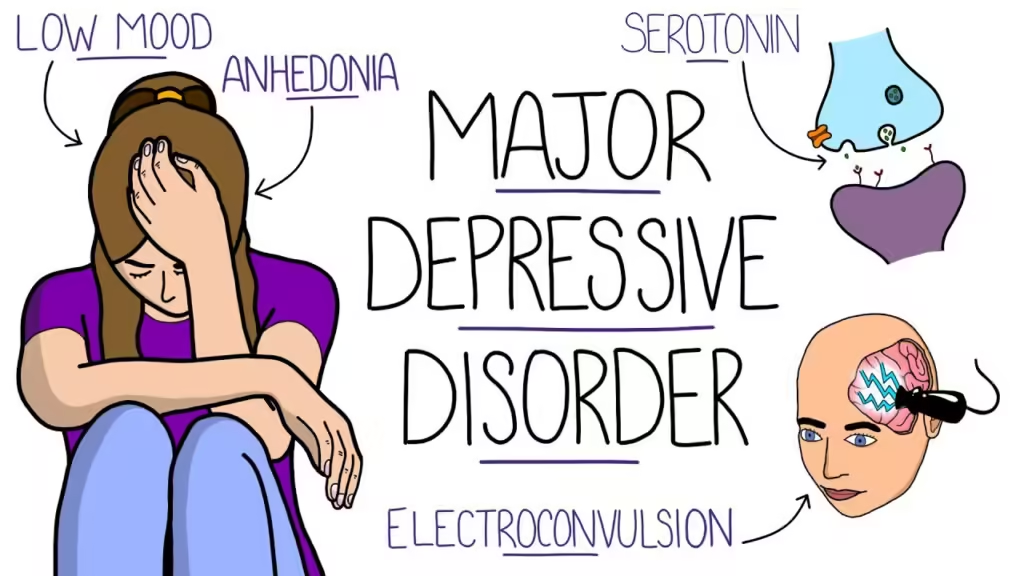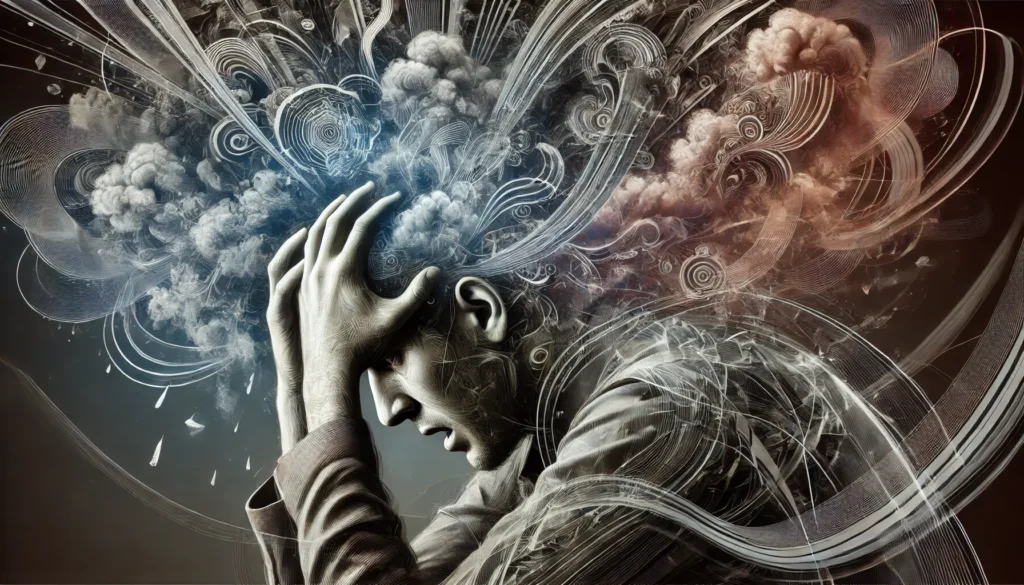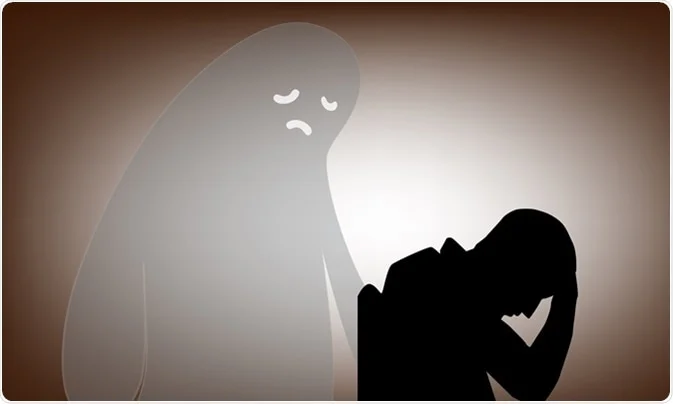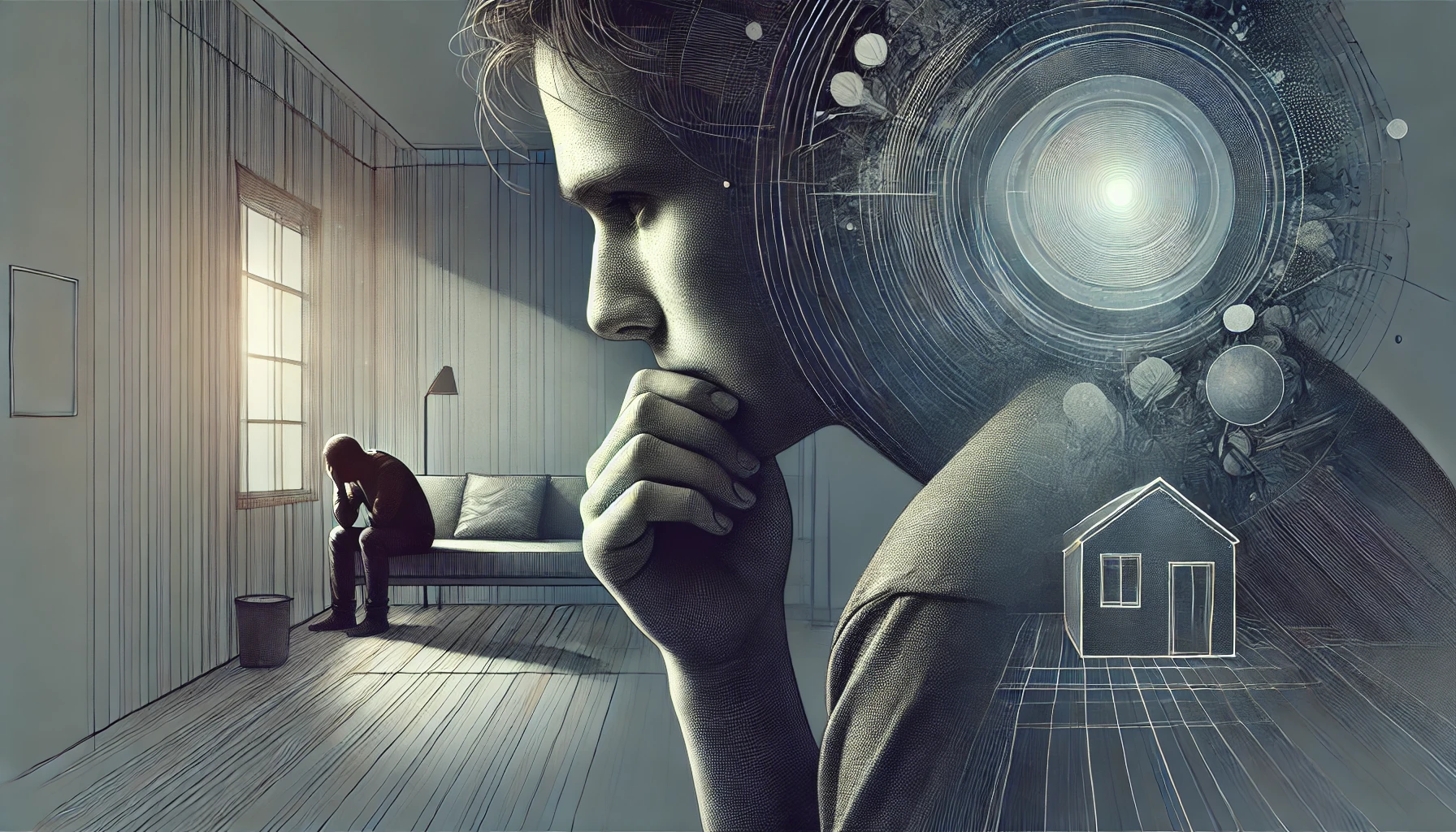Definition of Major Depressive Disorder
Major Depressive Disorder is a pathological state of mood characterized by the inhibition of all mental activities.
According to the 10th edition of the International Classification of Diseases (ICD-10), typical depression is usually manifested by a depressed mood, loss of interest or pleasure in all activities, and reduced energy, leading to increased fatigue and decreased activity, persisting for at least two weeks.
Additionally, other symptoms may include reduced concentration and attention, decreased self-esteem and self-confidence, feelings of guilt and worthlessness, a bleak and pessimistic outlook on the future, thoughts or acts of self-harm or suicide, sleep disturbances, and poor appetite.
Nguyên nhân
The causes of depression remain unclear and, furthermore, may result from multiple factors. Several hypotheses have been proposed, including:

- The endocrine hypothesis
- The neurotransmitter hypothesis
- The genetic hypothesis
- The brain alteration hypothesis
Some risk factors for depression include:
- Family history
- Gender
- Molecular biomarkers
- Living environment
- Trauma
- Life events
- Physical illnesses
Symptoms of Major Depressive Disorder
Clinical symptoms of the depressive phase:
Three primary symptoms:
- Firstly, Depressed mood: Persistent for at least two weeks, with slight day-to-day variation and often disproportionate to the circumstances.
- Secondly, Loss of interest or pleasure in activities.
- Lastly, Reduced energy and increased fatigue.

Seven other common symptoms:
- Reduced concentration and attention.
- Decreased self-esteem and self-confidence, difficulty making decisions.
- Feelings of guilt and worthlessness.
- A bleak and pessimistic outlook on the future.
- Thoughts or acts of self-harm or suicide.
- Sleep disturbances.
- Changes in appetite (increased or decreased) with corresponding changes in body weight.
Somatic (biological) symptoms of depression:
- Loss of interest in activities that are generally enjoyable.
- Lack of emotional reactivity to events and surroundings that are usually pleasurable.
- Waking up two hours earlier than usual.
- Depression is worse in the morning.
- Objective evidence of psychomotor retardation or agitation (noticed or reported by others).
- Decreased appetite.
- Weight loss (5% or more body weight than the previous month).
- Moreover, there is a significant loss or decrease in sexual interest.
Psychotic symptoms, such as delusions and hallucinations, may or may not be present during the depressive phase.
Chẩn đoán
Major Depressive Disorder is diagnosed according to the criteria outlined in the Diagnostic and Statistical Manual of Mental Disorders, Fifth Edition (DSM-5):
A. Five (or more) of the following symptoms have been present during the same 2-week period and represent a change from previous functioning; at least one of the symptoms is either (1) depressed mood or (2) loss of interest or pleasure.
- Depressed mood most of the day, nearly every day, as indicated by either subjective report or observation made by others.
- Markedly diminished interest or pleasure in all, or almost all, activities most of the day, nearly every day.
- Significant weight loss when not dieting or weight gain or decrease or increase in appetite nearly daily.
- Insomnia or hypersomnia nearly every day.
- Psychomotor agitation or retardation nearly every day.
- Fatigue or loss of energy nearly every day.
- Feelings of worthlessness or excessive or inappropriate guilt nearly every day.
- Diminished ability to think or concentrate, or indecisiveness, nearly every day.
- Recurrent thoughts of death, moreover recurrent suicidal ideation without a specific plan, or a suicide attempt or a specific plan for committing suicide.
B. The symptoms cause clinically significant distress or impairment in social, occupational, or other important areas of functioning.
C. The symptoms are not attributable to the physiological effects of a substance or another medical condition.
D. The symptoms are not better explained by schizoaffective disorder, schizophrenia, schizophreniform disorder, delusional disorder, or other specified or unspecified schizophrenia spectrum and other psychotic disorders.
There has never been a manic episode or a hypomanic episode.

Chẩn đoán phân biệt:
- Medical conditions: Drug-induced depressive syndrome; hypothyroidism, where the patient may experience fatigue, sleep disturbances, and poor appetite. However, thyroid hormone testing is required to confirm this.
- Psychiatric conditions: Adjustment disorder with depressive response, somatization disorder, bipolar disorder.
Điều trị
The most dangerous complication of depression is the presence of suicidal thoughts and, furthermore, behaviors.
Patients may also suffer from exhaustion due to refusal to eat.
Principles of Treatment:
- Treat the underlying cause of depression (if identified).
- Alleviate and eliminate symptoms.
- Prevent recurrence and, furthermore, relapse of depression.
- Use combination therapies and multimodal approaches when necessary.
Pharmacotherapy:
- Tricyclic antidepressants (TCAs): Amitriptyline, Clomipramine
- Selective serotonin reuptake inhibitors (SSRIs): Sertraline, Fluoxetine, Paroxetine
- Serotonin-norepinephrine reuptake inhibitors (SNRIs): Duloxetine, Venlafaxine
- Noradrenergic and specific serotonergic antidepressants (NaSSAs): Mirtazapine
- Dopamine-norepinephrine reuptake inhibitors (DNRIs): Bupropion
- Antipsychotics: Haloperidol, Olanzapine, Clozapine
- Mood stabilizers: Carbamazepine, Valproate
Electroconvulsive Therapy (ECT):
ECT is prioritized in cases of severe depression with suicidal ideation and behaviors, treatment-resistant depression, or when other depression therapies have failed. Contraindications must be strictly observed to prevent complications during ECT.
Psychotherapy:
This includes cognitive-behavioral therapy (CBT), family therapy, interpersonal therapy, and moreover, relaxation training.
In addition, each case may involve a combination of therapies to achieve optimal outcomes.
Phòng ngừa
There is no absolute prevention method because the causes of depression are complex and interrelated.
Only relative prevention is possible. Firstly, educating children from a young age and fostering strong character development helps them adapt to life. Additionally, monitoring individuals with a family history allows for early detection and timely treatment while ensuring comprehensive follow-up and maintenance treatment helps prevent relapse and recurrence.
Moreover, psychosocial rehabilitation for depression patients is essential for reintegration into the community and family life.

